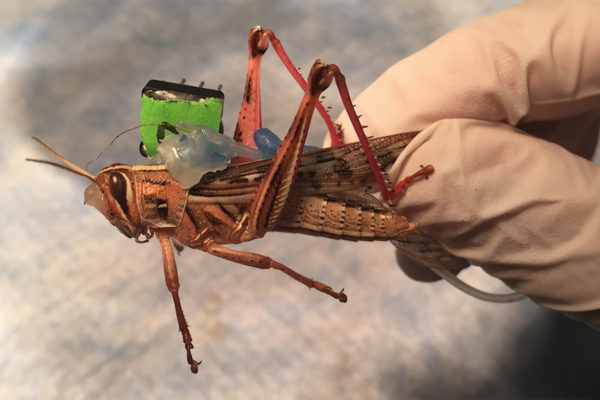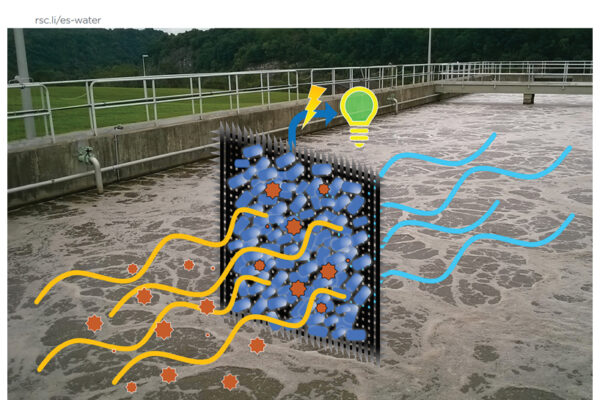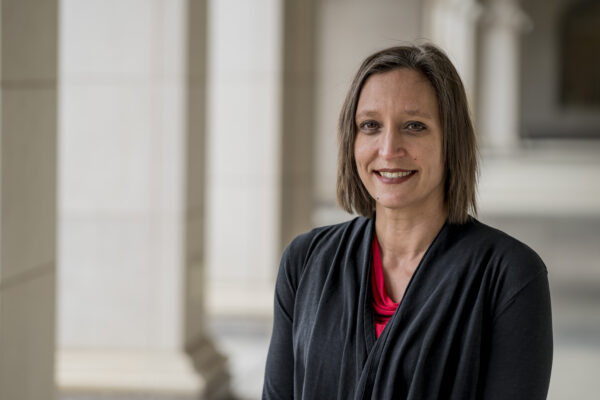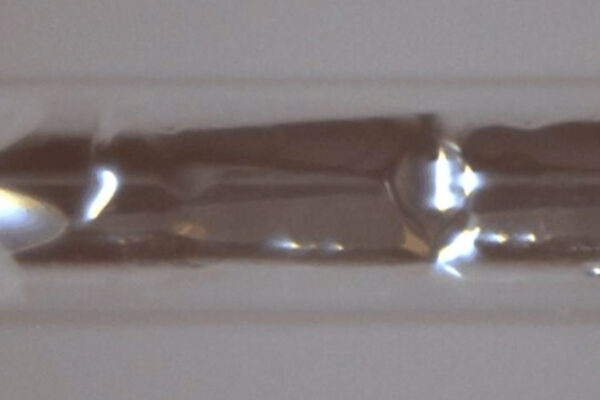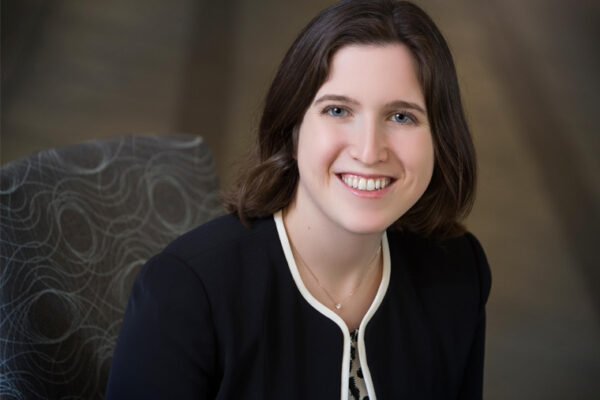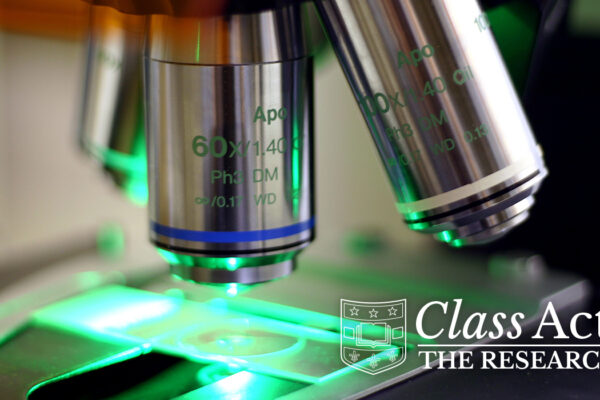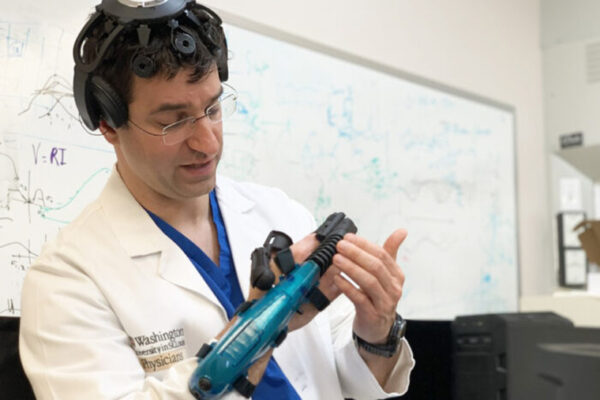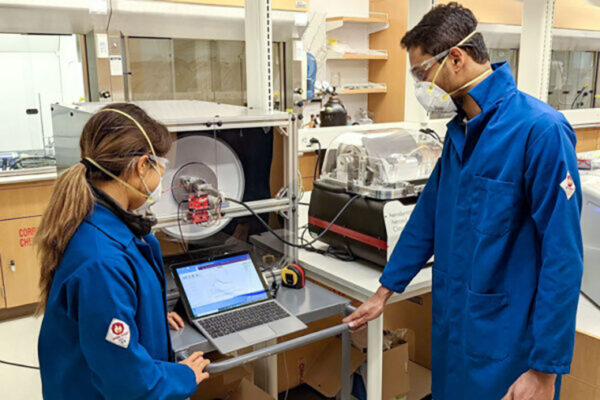Grant funds research pushing limits of cyborg insects
The Office of Naval Research is funding research at the McKelvey School of Engineering to put cyborg locusts’ sense of smell to the test.
Wastewater treatment system recovers electricity, filters water
A new system developed in the lab of Zhen (Jason) He uses bacteria to filter wastewater while creating electricity.
Bose, Meacham receive Defense Department grant
The Department of Defense has awarded Mark Meacham and Arpita Bose a three-year $600,000 grant. The researchers will work to understand extracellular electron uptake in bacteria.
Megan Flake: Keeping engineering labs running during the pandemic
McKelvey School of Engineering labs couldn’t shut down due to COVID-19. Megan Flake kept them running smoothly while research was on hold.
Bai lab develops stable, efficient, anode-free sodium battery
The lab of Peng Bai has developed a stable, anode-free sodium ion battery that is highly efficient, will be less expensive and is significantly smaller than a traditional lithium ion battery.
Parker receives geochemistry association award
Kimberly Parker, assistant professor at the McKelvey School of Engineering, received an award for young promising geochemists from the International Association of GeoChemistry.
Class Acts: The Researchers
This week, Class Acts celebrates three leaders in research — Churchill Scholar Jessika Baral, Spencer T. Olin Fellow Chelsey Carter and U.S Army veteran Alex Reiter.
Stroke-recovery device using brain-computer interface receives FDA market authorization
A first-of-its kind device that helps people disabled by stroke regain significant control over their arm and hand function by using their minds has received market authorization from the Food and Drug Administration. The system developed by Neurolutions Inc., a WashU startup, relied on innovative multidisciplinary research at the university.
Washington University researchers to design detectors of airborne SARS-CoV-2
A team of researchers at Washington University is developing devices to detect the virus that causes COVID-19 in the air.
Class Acts: The Makers
Welcome to Class Acts, a celebration of remarkable graduating students. In our first installment, Class Acts showcases three incredible makers — artist Erin Lewis, engineer Alex Levy and pop-up market founder Noor Bekhiet.
View More Stories
